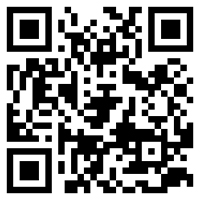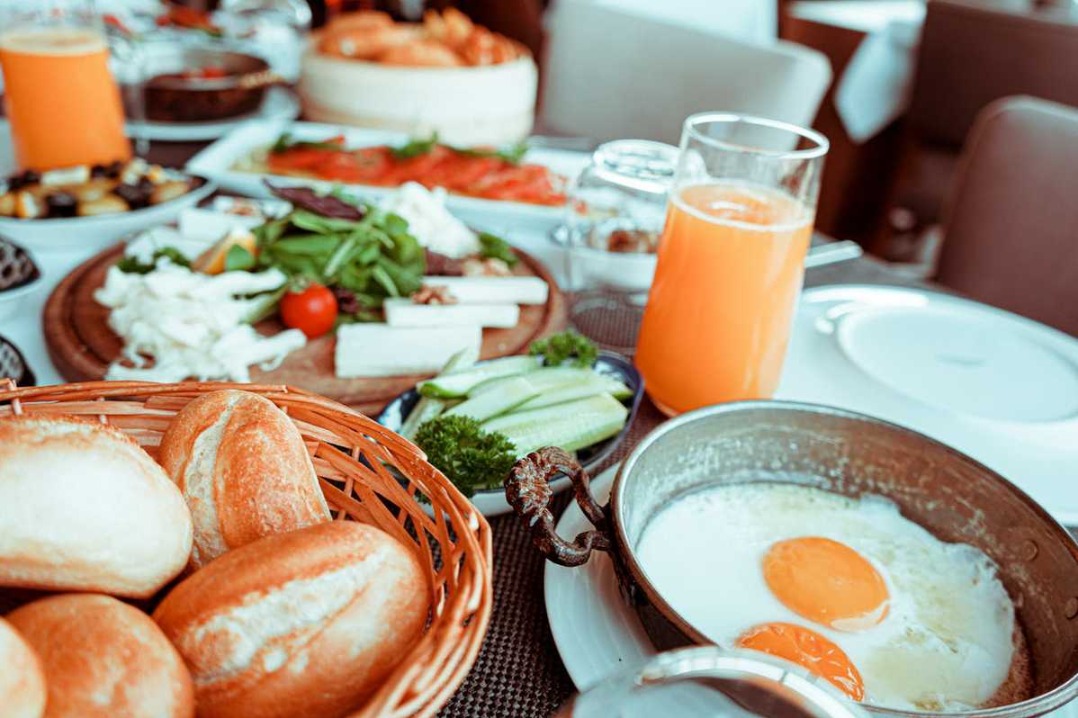老外在中国:何为入乡随俗?
chinadaily.com.cn 2018-08-31 15:51


“I’m more Chinese than you are!” the guy sat next to me suddenly cried out, causing me to jump and inhale the mouthful of noodles I had been enjoying at the time. It’s not a sentence you hear often, even in China, and especially not from a 20-something Jewish man from California.
坐在我旁边的那个男人突然喊道:“我比你更像中国人!”他吓得我跳了起来,猛吸了一口嘴中的面条。即使在中国,你也不会经常听到这句话,尤其还是出自一个来自加利福尼亚的20多岁的犹太男子之口。
To somehow prove his point, the man slammed his wallet on the table and produced several pictures he’d recently had taken with his Chinese girlfriend at a Beijing photography studio. She was in a traditional qipao dress, and he was wearing a sparkly T-shirt, leather wristbands and a pair of shades, trying his best to look moody.
为了证明自己的观点,这名男子将钱包甩在桌子上,并晒出几张和他中国女友最近在北京一家摄影工作室拍摄的合影。他的女友穿着传统的旗袍,而他穿着闪亮的T恤,戴着皮革腕带和一副墨镜,尽力让自己看起来神情忧郁。
The guy was a friend of a friend who had joined a group of us for a feast of beef noodles, lamb skewers and beer. In his defense, his declaration was in response to someone else saying that I was in fact more Chinese than him, because I had a Chinese wife and had lived in the country longer.
这家伙是我一个朋友的朋友,他加入我们一群人的聚餐,一起享受牛肉面、羊肉串和啤酒。他说这话是为了回击其他人说我实际上比他更“中国”,因为我妻子是中国人,并且我在中国生活的时间更长。
“But I’m not in the slightest bit Chinese,” I responded, after coughing up a lungful of noodles. I pointed out that both my parents are Caucasian, although that should have been obvious from my pasty white features. “And nor are you Chinese,” I added.
我咳出一大口面条后回答道:“但我没有一点中国人血统。”我表示,自己的父母都是白人,尽管这一点从我苍白的肤色中能明显看出。“你也不是中国人,”我补充道。
Yet my fellow diner seemed uninterested in genealogical fact. For him, “being Chinese” meant he had truly embraced his adopted home, soaked in its culture, and become “one of the locals”.
然而他似乎并不在乎血缘事实。对他来说,“做中国人”意味着他已经真正接受他的第二故乡,融入中国文化中,成为“一个当地人”。
It was an odd exchange, but over the years I’ve caught several groups of expats arguing over who was “more Chinese”. Sometimes these debates have even included people of Chinese heritage born in other countries, who surely have an unfair advantage.
这是一次奇怪的交流,但多年来,我多次遇到一群外国人争论谁“更像中国人”。有时一些外国出生、拥有中国血统的人也会加入辩论,这些人显然有不公平的优势。
While some expats struggle to adapt to China’s unique ways, there are others who take intense pride in how quickly they pick up local habits.
当一些外国人还在努力适应中国的独特之处时,也有人对他们能迅速适应当地习俗感到非常自豪。
I’ve always been skeptical of the “When in Rome” advice I’ve received, though.
不过,我一直对我收到的“入乡随俗”的忠告持怀疑态度。
One summer night, a British friend – who had lived in Beijing for some years by that point – advised me I should always shout in China, particularly when asking questions to a stranger. To test his theory, as soon as we finished dinner at a restaurant, he sought out a random passer-by to ask directions.
某个夏天的夜晚,一位已经在北京生活了几年的英国朋友告诉我,我应该在中国大声说话,在向陌生人提问时更应如此。为了测试他的理论,我们在一家餐馆吃完晚餐后,他立刻随机向一位路人问路。
“Watch this,” he said, before turning to bellow a question in Mandarin at a middle-aged woman standing in the street. After asking the whereabouts of the nearest public restroom three times – each time receiving only an equally loud “WHAT?” in response – my friend smiled, thanked the perplexed woman, and walked away.
他说,“看着。”然后转而用普通话向一位站在街上的中年妇女提问。他问了三遍最近的公共卫生间在哪儿——每次都只收到一个同样响亮的回答:“什么?”我的朋友笑了,谢过那个困惑的女人,然后离开。
Of course, you never truly appreciate the habits you pick up from living in a foreign country until you return home and sit down for a family meal.
当然,只有当你回到家里,坐下来享受家庭聚餐时,你才能真正体会到你在国外生活所养成的习惯。
“Are you going to do that every meal?” my mother asked during the first trip back with my wife, as I loudly slurped the noodles I’d requested at lunch in place of potato fries.
我第一次和妻子回国时,我的母亲问道:“你打算每顿饭都这么干吗?”,因为我要求把午餐的薯条换成面条,并在桌上大声吸溜着吃面。
My wife looked over, tutted, and added, “He’s so Chinese.”
我的妻子看了看,啧啧道:“他太中国了。”
英文来源:“CHINA DAILY”微信公众号
翻译:胡佳李(实习)
编审:董静 丹妮
音频编辑:焦洁
更多内容请关注“CHINA DAILY”微信公众号:

About the author & broadcaster
Craig McIntosh is a news editor at China Daily. Originally from the northeast of England, he moved to Beijing in late 2008. He previously worked at regional and national publications in the UK and the US.
Contact the writer at craig@chinadaily.com.cn

















 英语点津微信
英语点津微信 双语小程序
双语小程序